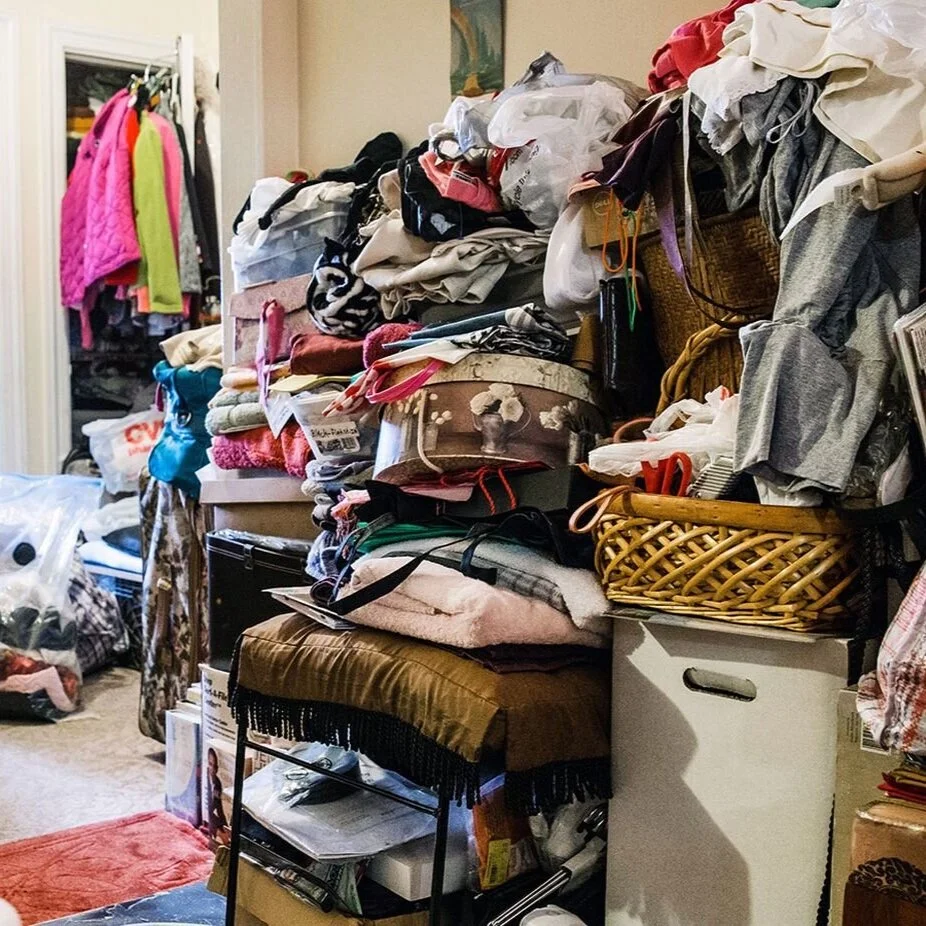Hoarding Disorder Resources in the Pacific Northwest
As Professional Organizers, it is important to recognize when clutter has turned into the serious mental health issue also known as Hoarding Disorder. Hoarding encompasses so much more than an inability to let things go or stop acquiring new items: it relates to behavioral health and therefore requires a multi-faceted approach to treatment. That approach can include working with an organizer, but should also include therapy with a professional trained in dealing with Hoarding Disorder.
In addition to therapy and working with a Professional Organizer, there are many resources in the Pacific Northwest that specifically cater to those who struggle with hoarding tendencies. The list below provides some of the best resources available in the Portland to Vancouver areas.
Northwest Anxiety Institute:
This Institute offers a unique workshop for teens called Buried in Treasures. They also offer individual and group therapy options. Learn more about their approach to treating hoarding disorders and schedule a free consultation here.
Portland Psychotherapy Clinic:
They have counselors and psychologists on staff who specifically work with hoarding disorder treatment.
Pacific University of Oregon
Psychology & Comprehensive Health Clinic:
They run a Hoarding Disorder Skills-Building Group here in Portland that meets weekly for a very low cost (usually about $10/session). You can call 503-352-2400 for more information or visit their website for other forms of contact and information.
Clutterers Anonymous:
Their weekly meetings are open to the public and are offered in Portland, Beaverton, and Vancouver. They use a traditional twelve step, group-inspired approach for healing. View their schedule for the exact times and addresses for their meetings.
Multnomah County Hoarding Trainings & Task Force:
This is a resource that can provide training to professionals and community members as a way to reduce the stigmas associated with hoarding issues and also help educate on the best practices for aide or treatment. Learn more here.




